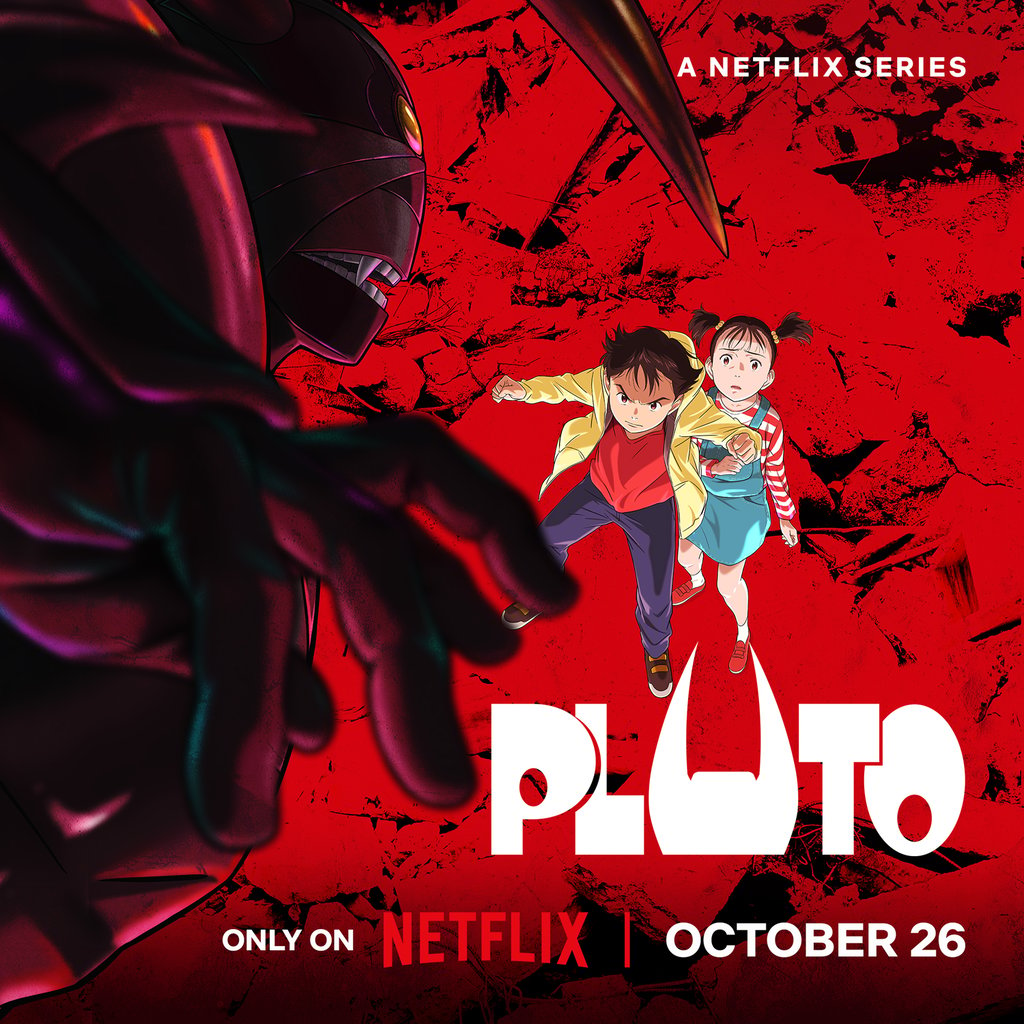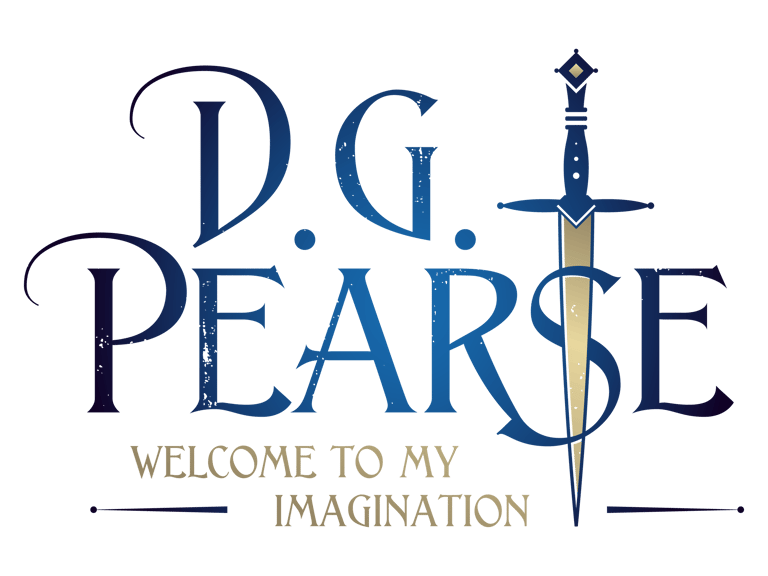Exploring the Depths of Humanity - Pluto
Anime Review - Pluto
ANIME REVIEWNETFLIXSCIENCE-FICTIONFUTURIST
D. G. Pearse
8/23/20252 min read


Exploring the Depths of Humanity: Pluto by Naoki Urasawa and Osamu Tezuka
Naoki Urasawa’s Pluto stands as a masterful reinterpretation of Osamu Tezuka’s iconic Astro Boy, merging the realms of science-fiction and philosophical inquiry into a narrative that challenges our understanding of humanity.
Set in a distant future where robots and humans coexist, Pluto delves into themes such as identity and empathy, and the consequences of technological advancement. Can a robot experience true emotions and reciprocate naturally? Through an intricate plot and richly developed characters, Urasawa crafts a story that not only pays homage to Tezuka’s original work, but also elevates it, by asking what does it mean to be human.
At the heart, Pluto is a murder mystery that revolves around the killings of the world’s most advanced robots, known for their extraordinary abilities and human-like intelligence, and a number of as equally gifted humans. The protagonist, Gesicht, a robot detective grappling with his own identity, is tasked with solving these murders. As the story unfolds, Urasawa draws parallels between robots and humans, forcing the reader to confront uncomfortable questions about the nature of consciousness and the ethical implications of artificial intelligence.
The portrayal of robots as sentient beings with emotions and desires blurs the lines between man and machine, prompting a reevaluation of what life and morality mean. While the characters wrestle with their pasts, their sense of self, and the societal roles assigned to them. Gesicht’s journey reflects a deep existential struggle, as he confronts the duality of his existence—one that is both mechanical and emotional. The relationships he forms with both the humans and the robots is unique, and at times becomes strained, as he searches for acceptance.
I’m an Urasawa fan, and I believe his distinctive art style captures a wide range of emotions, from the haunting despair of loss to the warmth of friendship, giving Pluto thematic depth. His use of shadows and light serves to emphasize the internal struggles of the characters, allowing readers to become emotionally engaged. Plus, the attention paid to the panelling and pacing of the manga creates a rhythm of tension, drawing the reader deeper into the unfolding mystery. In addition, I think Pluto serves as a cautionary tale about the dangers of technological progress. Urasawa poses critical questions about the ethical implications of creating beings that can think and feel. As society becomes increasingly reliant on technology, the story urges humans to reflect on our responsibilities toward the creations we bring into existence. The ramifications of such relationships coincide with current issues surrounding artificial intelligence. So, Pluto isn’t just fiction but a warning of our present situation, that challenges us to possibly redefine the meaning of life and humanity.
Lastly, I really enjoyed the anime. Netflix did an excellent job—everything from pacing to the voice actors was well executed. Each episode is around an hour long, eight in all. I binged two a night.
Five Stars!
D.G. Pearse


